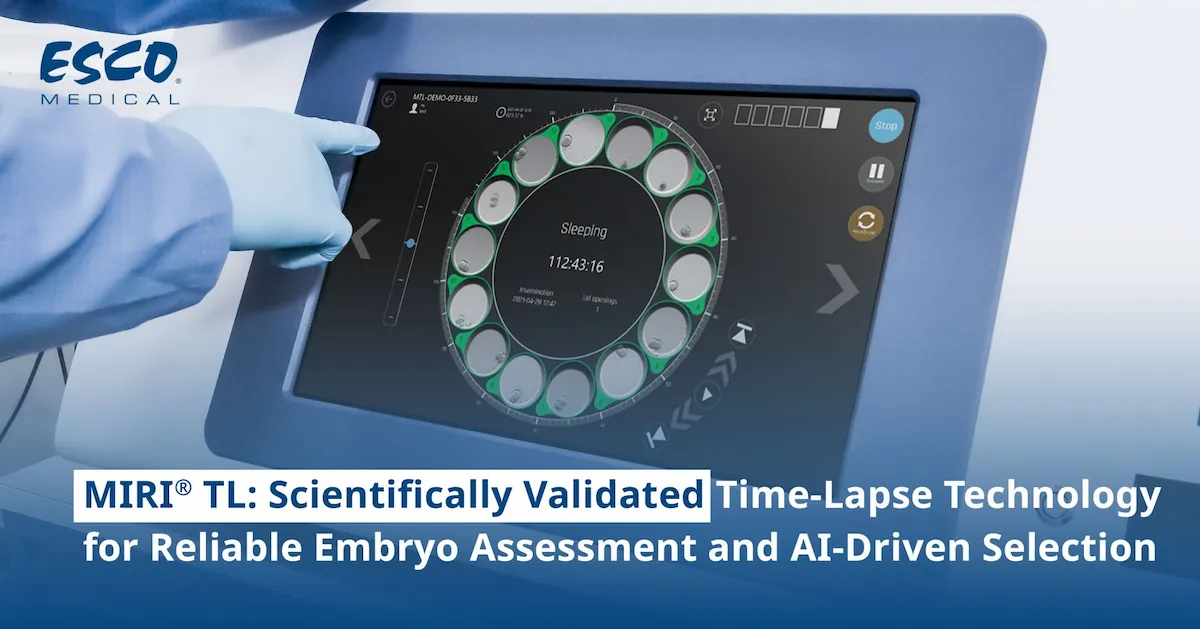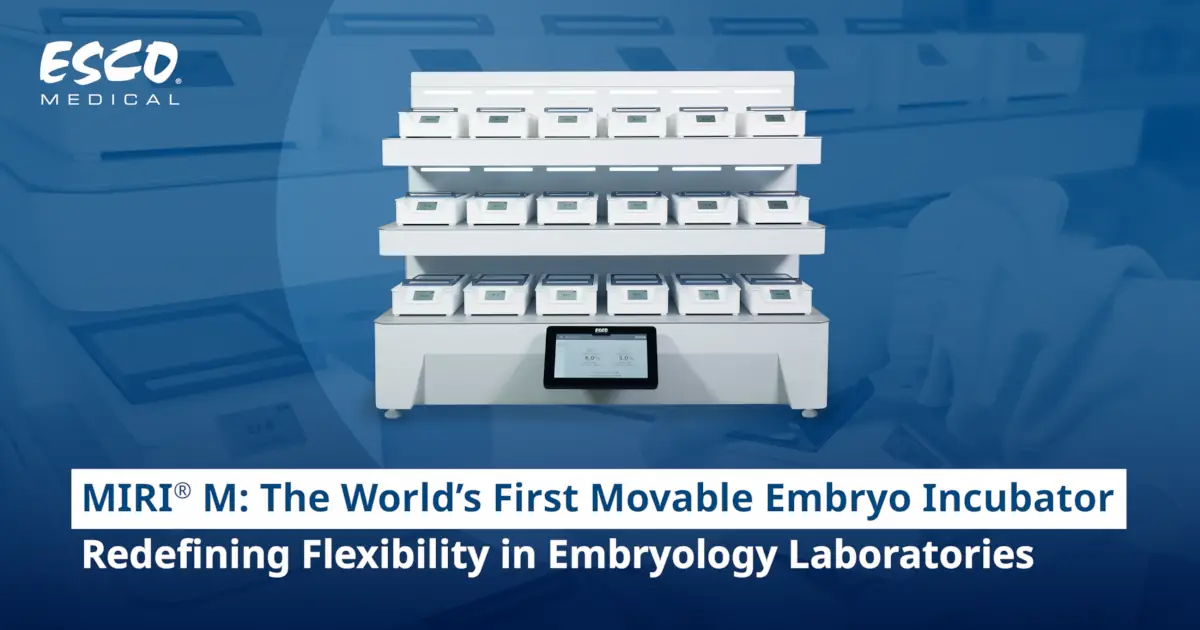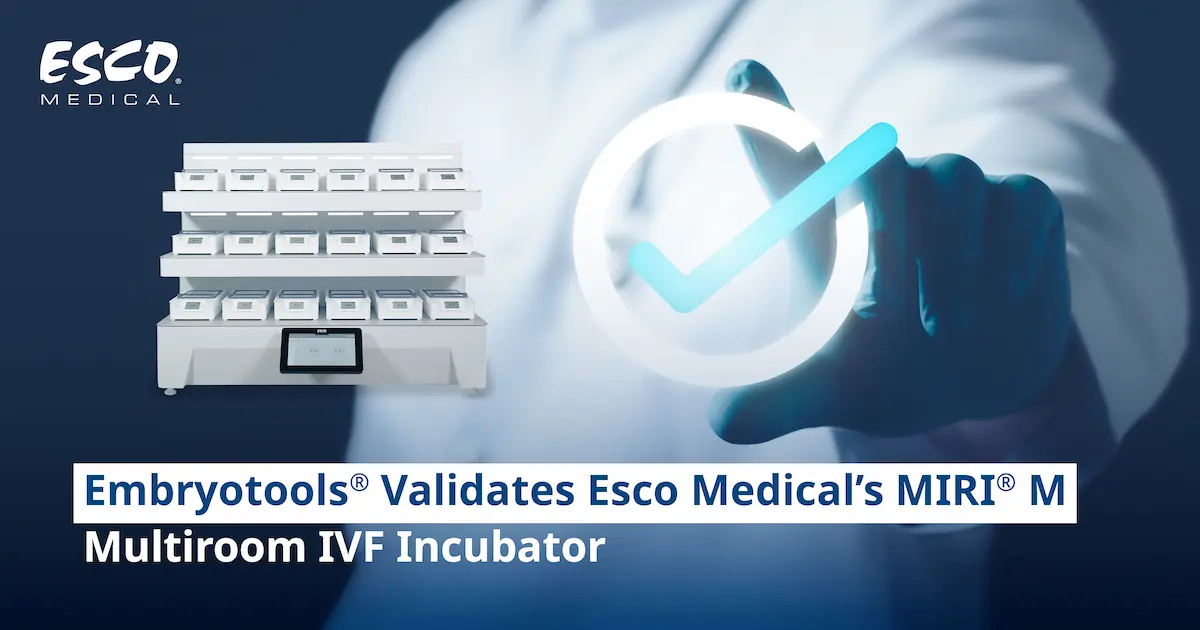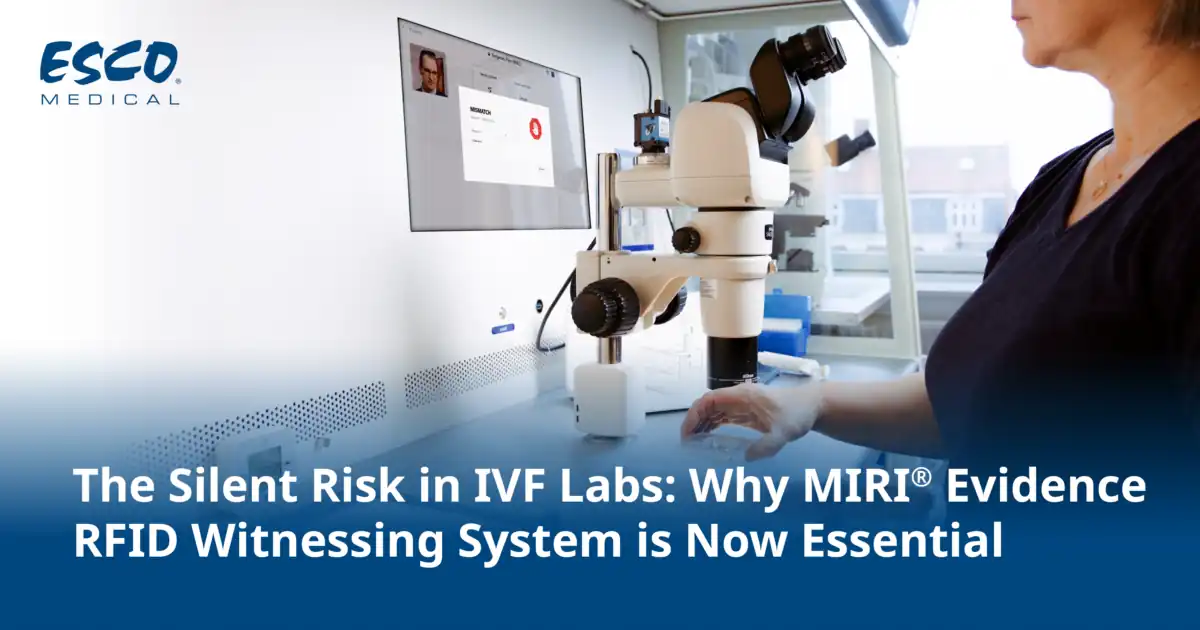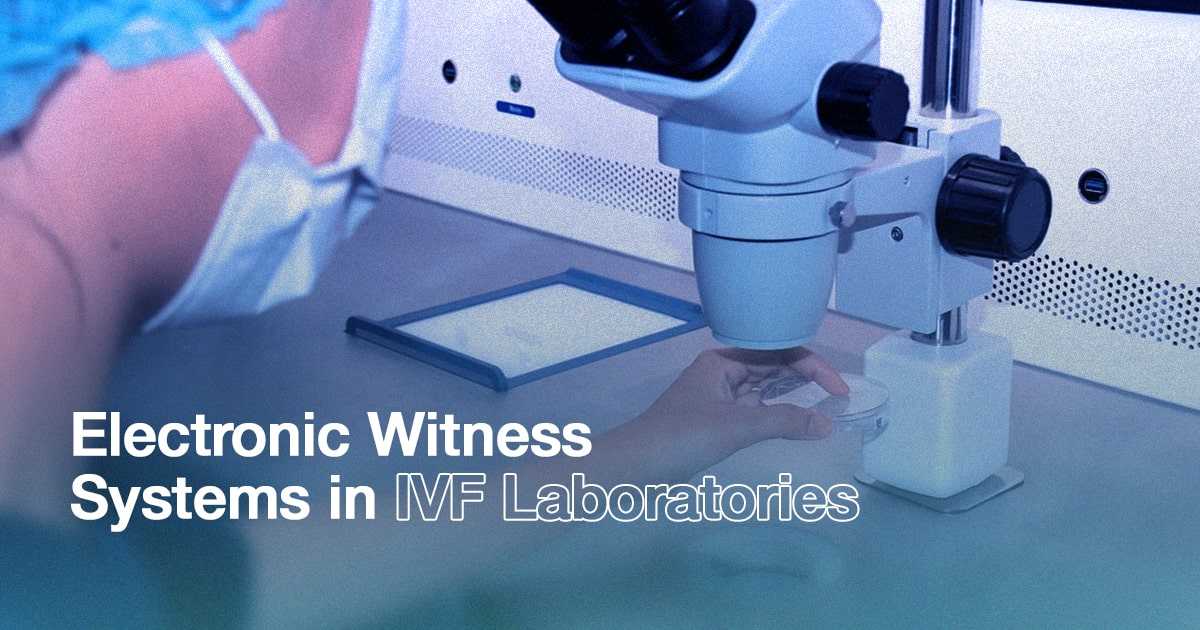
Introduction
In vitro fertilization (IVF) stands as a pivotal technique in assisted reproductive technology, offering hope to couples struggling with infertility. This process involves fertilizing an egg with sperm outside the body, followed by the implantation of the resulting embryo into the uterus. IVF has revolutionized reproductive medicine, enabling countless individuals worldwide to achieve parenthood.
The integration of Electronic Witness systems into in vitro fertilization (IVF) laboratories represents a significant advancement in assisted reproductive technology, revolutionizing the way embryos are handled and monitored throughout the process. These systems, often coupled with Radio Frequency Identification (RFID) technology, serve as a safeguard against errors and ensure the integrity of each step in the IVF procedure. The integration of Radio Frequency Identification (RFID) technology into IVF laboratories has emerged as a promising avenue for enhancing efficiency, accuracy, and security throughout the IVF process. By leveraging RFID technology, IVF clinics can streamline patient management, ensure precise sample tracking, and optimize laboratory workflows, ultimately contributing to improved outcomes for patients undergoing fertility treatments.
RFID in Patient and Sample Tracking
At the core of Electronic Witness systems is the assurance of accurate patient and sample identification. Through RFID tags and electronic verification mechanisms, such as barcode scanning or biometric authentication, patients and their corresponding samples are meticulously matched and tracked. This not only minimizes the risk of mix-ups or discrepancies but also instills confidence in patients and clinicians regarding the precision of the IVF process. RFID technology offers a robust solution for tracking both patients and samples within IVF laboratories. By assigning unique RFID tags to patients and sample containers, clinics can automate the identification and monitoring process. This enables real-time tracking of gametes (sperm and oocytes) from collection to fertilization and subsequent embryo development stages. Additionally, RFID facilitates accurate identification of patients throughout their IVF journey, minimizing the risk of errors and ensuring that each stage of the process is seamlessly coordinated. Moreover, RFID-enabled tracking enhances transparency and traceability, providing both patients and healthcare providers with greater confidence in the integrity of the IVF procedure.
Enhanced Security, Access Control, and Sample Management
RFID technology strengthens security measures and access control within IVF laboratories. By implementing RFID-enabled access systems, clinics can restrict entry to authorized personnel only, ensuring the confidentiality and integrity of sensitive procedures and data. Additionally, RFID-tagged sample containers provide an extra layer of security by enabling precise tracking of specimens and monitoring their movements within the facility. This helps prevent mix-ups, contamination, or loss of samples, safeguarding the reliability of the IVF process. Furthermore, RFID technology allows for automated logging of access events, facilitating audits and compliance with regulatory standards, thereby reinforcing the overall security posture of IVF laboratories. Additionally, Electronic Witness systems play a pivotal role in inventory management and sample traceability. By automatically recording the movement and status of each sample, from collection to storage and eventual use, these systems streamline inventory workflows and minimize the risk of errors or oversights. This not only optimizes laboratory efficiency but also facilitates rapid retrieval of samples when needed, thereby expediting the IVF process, and improving patient outcomes.
The integration of Electronic Witness systems into IVF laboratories also facilitates seamless data integration and workflow optimization. By interfacing existing laboratory information management systems (LIMS) or electronic health records (EHR), these systems ensure that relevant patient and sample data are accurately captured and securely stored. This eliminates manual data entry errors and enables real-time monitoring of laboratory activities, allowing for timely interventions and decision-making.
Cost-Benefit Analysis and Future Directions
Implementing RFID technology in IVF laboratories entails initial investment costs in infrastructure and system integration. However, the potential benefits outweigh these expenses, as RFID enhances efficiency, reduces errors, and improves patient satisfaction. By streamlining workflows and automating data capture, clinics can achieve long-term cost savings and enhance operational productivity.
Looking ahead, ongoing advancements in RFID technology hold promise for further optimizing IVF procedures. Integration with emerging technologies such as artificial intelligence (AI) and the Internet of Things (IoT) could revolutionize fertility treatments, offering personalized insights and predictive analytics. Moreover, continued innovation in RFID systems may lead to greater accuracy, scalability, and interoperability, paving the way for enhanced patient care and improved outcomes in the field of assisted reproduction.
Case Studies and Prospects
Several case studies and success stories highlight the effectiveness of RFID technology, including Electronic Witness systems, in IVF laboratories. A study published investigated the impact of RFID technology on sample tracking and workflow efficiency in an IVF clinic. The study found that RFID-enabled sample management systems significantly reduced errors and improved the overall traceability of samples throughout the IVF process. Additionally, RFID integration led to enhanced patient satisfaction and reduced turnaround times for laboratory procedures. In 2016, Marina et al., this study is to evaluate patient concerns about in vitro fertilization (IVF) errors and electronic witness systems (EWS) satisfaction is demonstrated EWS, by sensibly reducing the risk for sample mix-up in IVF cycles, has been proved to be a trusted strategy from patient's perspective (1).
For instance, a study conducted by S Gupta et al. (2020) published in the Journal of Fertility Science examined the implementation of RFID, coupled with Electronic Witness systems, for patient and sample tracking in an IVF clinic (2). The results demonstrated a significant reduction in errors related to sample identification and handling, leading to improved efficiency and patient outcomes. These real-world examples underscore the tangible benefits of RFID, along with Electronic Witness systems, in improving the reliability, accuracy, and efficiency of IVF procedures.
Conclusion
In conclusion, the Electronic Witness System (EWS) plays a crucial role in IVF laboratories by ensuring accuracy, security, and efficiency throughout the assisted reproductive process. Supported by compelling evidence, EWS reduces errors, improves embryo selection, and streamlines workflows. As technology evolves, EWS continues to offer hope to individuals and couples seeking fertility treatments, reaffirming its importance in modern reproductive medicine.
Apart from serving as a traceability tool, MIRI® Evidence, a system product of Esco Medical enhances workflow efficiency and regulatory compliance within IVF clinics or laboratories. The technology behind MIRI® Evidence lies in its barcode and RFID-based witnessing and traceability system which had been developed specifically for the application inside an IVF laboratory or fertility clinic to eliminate the likelihood of errors during a cycle. By always ensuring the secure and proper handling of gametes and embryos, MIRI® Evidence keeps the clinic on track and instills confidence in staff members. Patients also benefit from the peace of mind knowing that their gametes and embryos are safely managed through the implementation of an electronic witnessing system in the fertility clinic.

